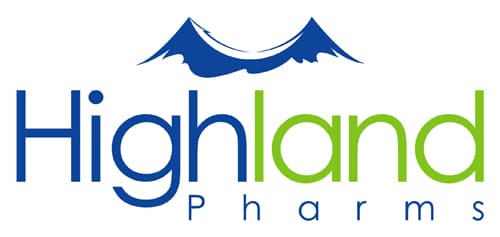
About Highland Pharms
We have received many emails asking about what happened to Highland Pharms.
Their website is down. The phone is not being picked up.
A little backstory….
I’m Jason, the owner of WellspringCBD. I started selling CBD online 10 years ago in July of 2013.
In 2015, I recieved a message from an amazing gentleman named Eliot. He and his partner had discovered hemp extracts recently, and wanted to share the amazing benefits with the world.
They had stumbled upon my site, and a wonderful friendship ensued.
For years we talked shop, shared family stories, and became interested in many side ventures.
Last month, Eliot unexpectedly passed away…
He was so full of wisdom, serenity, and excitement for life and its wonders.
Our hearts go out to his family and friends, and we hope that their hearts fill with the positivity he exuded each and every day and find the strength to persevere during trying times.
Until we meet again…
https://www.schertzfuneralhome.com/obituaries/eliot-harris
To this point, we are not sure what is going to happen with Highland Pharms. When and if they return, we will be certain to reach out to let you know.
Should you have any questions or concerns, please don’t hesitate to reach out.
Give Our Branded Products A Try…
-
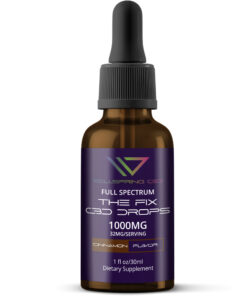 The Fix CBD Oil$49.95 — or $42.46 / month
The Fix CBD Oil$49.95 — or $42.46 / month -
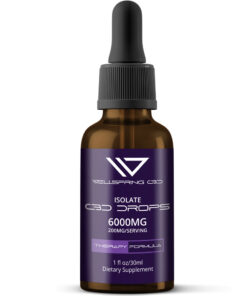 CBD Isolate Drops – Therapy Formulation$39.95 – $94.95
CBD Isolate Drops – Therapy Formulation$39.95 – $94.95 -
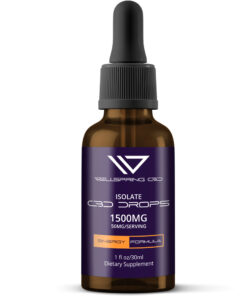 CBD Isolate Drops – Energy Formulation$34.95 – $89.95
CBD Isolate Drops – Energy Formulation$34.95 – $89.95 -
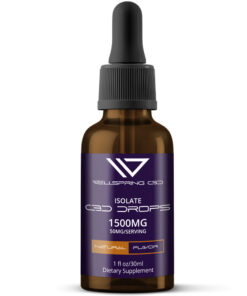 CBD Isolate Drops$34.95 – $89.95
CBD Isolate Drops$34.95 – $89.95 -
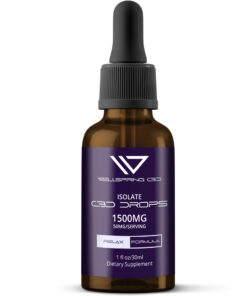 CBD Isolate Drops – Relax Formulation$34.95 – $89.95
CBD Isolate Drops – Relax Formulation$34.95 – $89.95 -
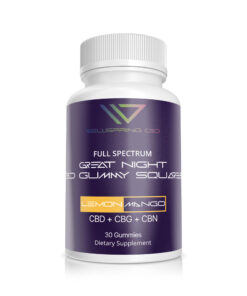 25mg CBD/CBN/CBG Sleep Gummies$39.95 — or $33.96 / month
25mg CBD/CBN/CBG Sleep Gummies$39.95 — or $33.96 / month -
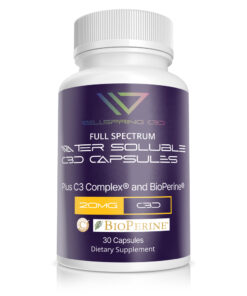 20mg Water Soluble CBD Capsules with C3 Complex™ and BioPerine™$49.95
20mg Water Soluble CBD Capsules with C3 Complex™ and BioPerine™$49.95 -
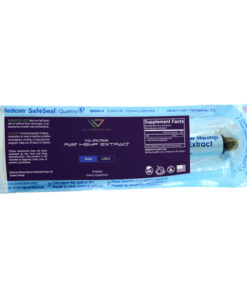 Wellspring Raw CBD Oil$139.95 – $679.95 — or from $118.96 – $577.96 / month
Wellspring Raw CBD Oil$139.95 – $679.95 — or from $118.96 – $577.96 / month -
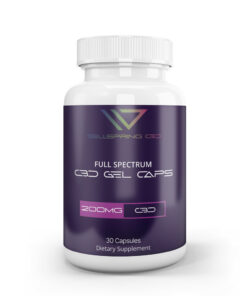 200mg Full Spectrum CBD Gel Caps$179.95 — or $152.96 / month
200mg Full Spectrum CBD Gel Caps$179.95 — or $152.96 / month -
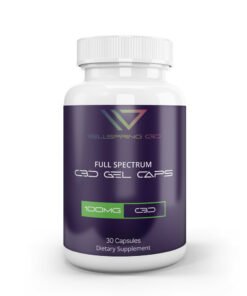 100mg Full Spectrum CBD Gel Caps$89.95 — or $76.46 / month
100mg Full Spectrum CBD Gel Caps$89.95 — or $76.46 / month -
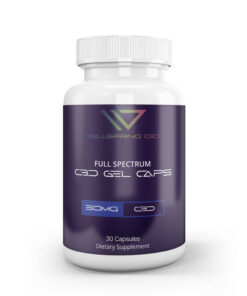 50mg Full Spectrum CBD Gel Caps$54.95 — or $46.71 / month
50mg Full Spectrum CBD Gel Caps$54.95 — or $46.71 / month -
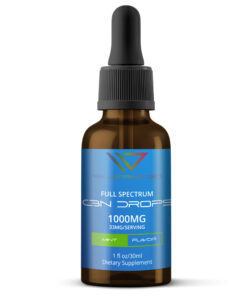 CBN Drops$29.95 – $79.95 — or from $25.46 – $67.96 / month
CBN Drops$29.95 – $79.95 — or from $25.46 – $67.96 / month -
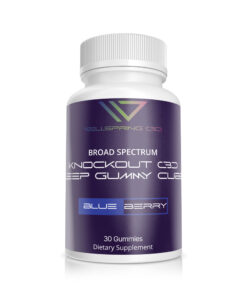 25mg Knockout CBD Gummies Deep Sleep Formulation$39.95 — or $33.96 / month
25mg Knockout CBD Gummies Deep Sleep Formulation$39.95 — or $33.96 / month -
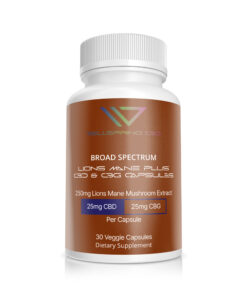 250mg Lions Mane + 25mg CBG + 25mg CBD Capsules$54.95
250mg Lions Mane + 25mg CBG + 25mg CBD Capsules$54.95 -
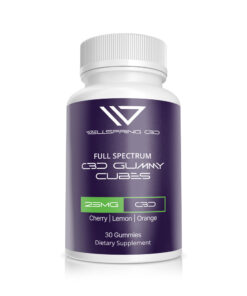 25mg Full Spectrum CBD Gummy Cubes$34.95 — or $29.71 / month
25mg Full Spectrum CBD Gummy Cubes$34.95 — or $29.71 / month -
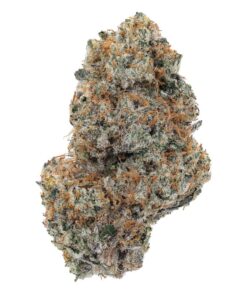 THCa Hemp Flowers$24.95 – $34.95
THCa Hemp Flowers$24.95 – $34.95 -
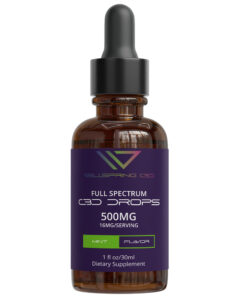 500mg Premium Full Spectrum CBD Drops$29.95 — or $25.46 / month
500mg Premium Full Spectrum CBD Drops$29.95 — or $25.46 / month -
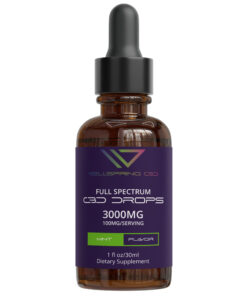 3000mg Full Spectrum CBD Oil Drops$84.95 — or $72.21 / month
3000mg Full Spectrum CBD Oil Drops$84.95 — or $72.21 / month -
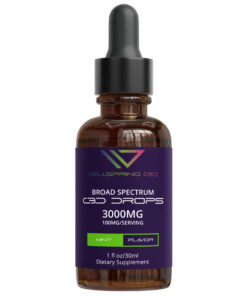 3000mg Broad Spectrum CBD Oil Tincture$84.95 — or $72.21 / month
3000mg Broad Spectrum CBD Oil Tincture$84.95 — or $72.21 / month -
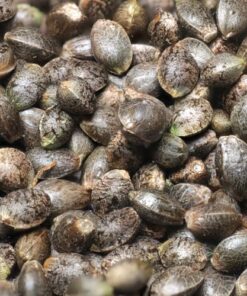 Northern Lights #5 IBL$100.00
Northern Lights #5 IBL$100.00 -
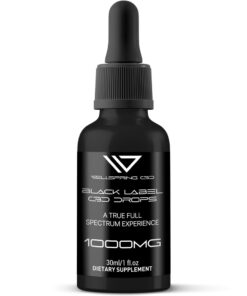 Black Label Premium CBD Drops$42.95 – $89.95 — or from $36.51 – $76.46 / month
Black Label Premium CBD Drops$42.95 – $89.95 — or from $36.51 – $76.46 / month -
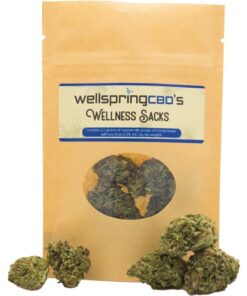 Organic Top Shelf Hemp Flower$14.95 – $19.95
Organic Top Shelf Hemp Flower$14.95 – $19.95 -
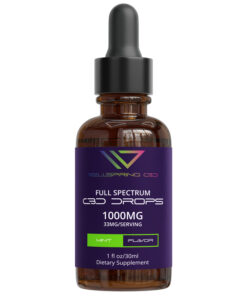 1000mg Full Spectrum CBD Tincture$37.95 — or $32.26 / month
1000mg Full Spectrum CBD Tincture$37.95 — or $32.26 / month -
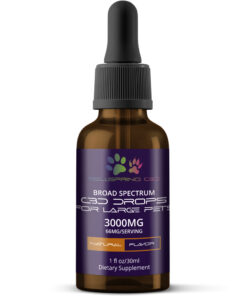 Broad Spectrum CBD Oil for Pets$29.95 – $84.95 — or from $25.46 – $72.21 / month
Broad Spectrum CBD Oil for Pets$29.95 – $84.95 — or from $25.46 – $72.21 / month